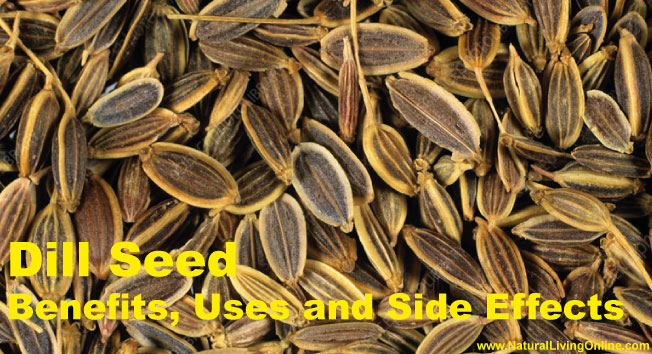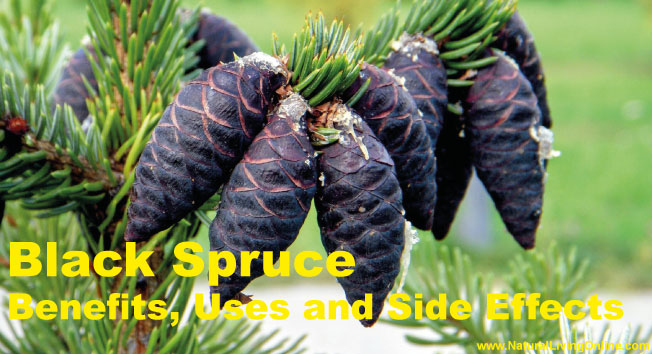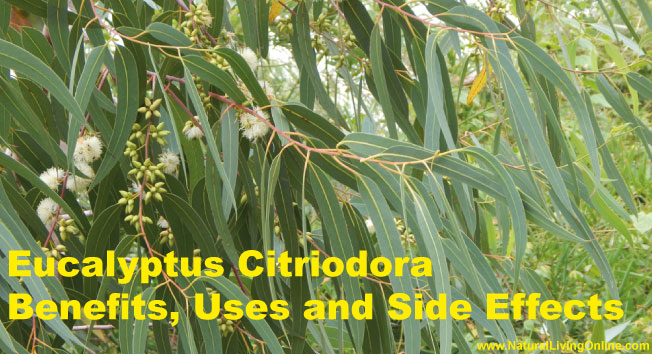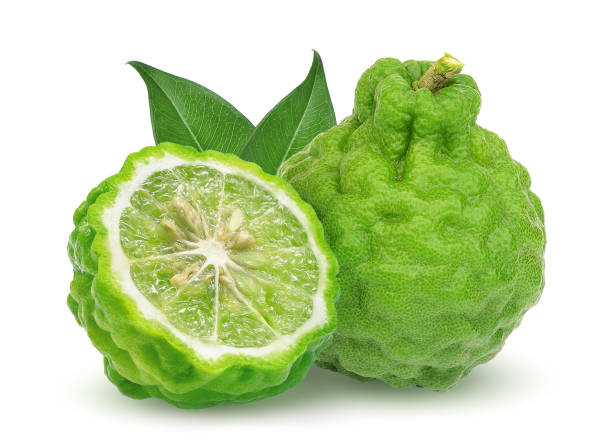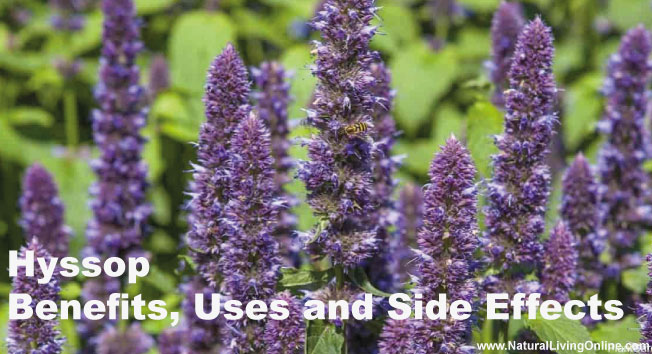Dill Essential Oil is steam distilled from the Dill plant, Anethum graveolens. It has a fresh, herbaceous aroma with a top note of citrus. Dill Essential Oil is a middle note that blends well with Bergamot, Cedarwood, Lavender, Lemon, Orange, and Patchouli essential oils.
What is Dill seed?
Dill is an annual herb in the celery family Apiaceae. It is the only species in the genus Anethum. Dill is grown widely in Eurasia where its leaves and seeds are used as a herb or spice for flavouring food.
The word dill comes from Old English dile, which was originally derived from Proto-Indo-European *dhelh₁i-.
The leaves are threadlike, 2–3 cm (0.8–1.2 in) long, and light green with a superior ovate-lanceolate shape that has short petioles and a flat base; the leaves are finely divided, with the ultimate segments filiform, about 0.5 mm (0.020 in) wide. Dill flowers are white to yellow; the flowers grow in small, flat or umbellate clusters. The fruit is a slender, ribbed cucumber-like drupe, 2–3 cm (0.8–1.2 in) long and 0.5 cm (0.20 in) broad, green maturing to brown.
Different types of Dill seeds:
There are two types of dill seeds – black and yellow. Black Dill Seeds have a more sharp, bitter flavor while the yellow ones are milder.
How Dill Essential Oil is made?
Dill Essential Oil is steam distilled from the Dill plant, Anethum graveolens.
What is the botanical name of Dill?
The botanical name of Dill is Anethum graveolens.
The chemical constituents of Dill essential oil (Dill Essential Oil Monograph):
Anethofuran (0.28-2.36%), anisic aldehyde (0.1-6.8%), apiole (0.14-3%), beta-phellandrene ( trace-1.2%), carvone (43.6-60%), 1,8-cineole (0.1-2%), cis-dihydrocarvone (12.8-23.2%), delta-3-carene (0.04-0.4%), limonene (11.2-20%), phellandrene ( trace – 0.6 %)
What are the benefits Dill Essential Oil?
Dill Essential Oil has a wide range of uses and benefits, including:
-Aiding in digestion
-Relieving gas and bloating
-Reducing inflammation
-Relieving anxiety and stress
-Increasing milk production in nursing mothers
-Soothing colic in babies
What are the side effects of Dill essential oil?
Dill Essential Oil is considered safe for most people. However, as with any essential oil, it is important to diluted properly before use. Dill Essential Oil should not be used during pregnancy or if you are breastfeeding. If you have any medical conditions, please consult your doctor before use.
Possible drug interactions:
Dill Essential Oil is not known to have any drug interactions. However, as with any essential oil, it is always best to consult your doctor before using.
What are ways to use Dill Essential Oil?
Dill Essential Oil can be used in a variety of ways, including:
-Diffusing
-Topically (diluted with a carrier oil)
-Inhaling from a bowl of steaming water
-Making a Dill essential oil spray by adding to water in a glass spray bottle
-Adding Dill essential oil to homemade soap or shampoo
-Making a Dill essential oil massage oil by adding to a carrier oil
-Adding Dill essential oil to homemade cleaning products
Dill essential oil should not be used by:
-Pregnant or breastfeeding women
-Children under the age of 12
-People with medical conditions, such as high blood pressure, diabetes, or epilepsy
-People with sensitive skin
Always consult your doctor before using any essential oil, especially if you are pregnant, breastfeeding, have a medical condition, or are taking any medications.
How can I use Dill Essential Oil internally?
Dill essential oil like any other essential oil should not be used internally without the permission and supervision of a doctor.
How can I use Dill Essential Oil topically?
Dilute Dill Essential Oil with a carrier oil before applying to the skin. A 2% dilution is typically used for topical application.
Do a patch test before using Dill essential oil topically to make sure you don’t have any adverse reactions.
To do a patch test:
-Place a small amount of diluted Dill essential oil on the inside of your elbow
-Cover with a bandage
-Wait 24 hours to see if there is any redness, swelling, or irritation
If you experience any adverse reaction, discontinue use immediately and consult your doctor.
How Dill Essential Oil helps in aromatherapy?
Dill Essential Oil has a sweet, herbaceous, and slightly woody smell. Its calming and relaxing properties make it a good choice for use in aromatherapy.
When diffused, Dill essential oil can help to:
-Relieve anxiety and stress
-Promote relaxation
-Soothe nerves
-Reduce inflammation
Great Essential Oil diffuser blends for aromatherapy with Dill Essential Oil:
For Stress: 5 drops Lavender, 3 drops Dill, 2 drops Chamomile
For Relaxation: 4 drops Bergamot, 3 drops Dill, 3 drops Lavender
For Anxiety: 5 drops Orange, 3 drops Dill, 2 drops Bergamot
For Nerves: 4 drops Lemon, 3 drops Dill, 3 drops Lavender
For Inflammation: 5 drops Peppermint, 3 drops Dill, 2 drops Ginger
For Sleep: 5 drops Chamomile, 3 drops Dill, 2 drops Lavender
For Concentration: 4 drops Basil, 3 drops Dill, 3 drops Orange
How can I use Dill Essential Oil in bath?
Dilute Dill Essential Oil with a carrier oil and add to a warm bath. You can also add Dill essential oil to Epsom salt for a relaxing and soothing bath.
Historical use of Dill as a herbal medicine:
Dill has been used for centuries as a herbal medicine. It was used to treat stomach problems, colic in babies, and bad breath.
What blends well with Dill Essential Oil?
Dill Essential Oil blends well with Bergamot, Chamomile, Lavender, Lemon, and Orange essential oils.
What does not blend well with Dill Essential Oil?
Dill Essential Oil does not blend well with Basil, Peppermint, or Ginger essential oils.
What does Dill Essential Oil smell like?
Dill Essential Oil has a sweet, herbaceous, and slightly woody smell.
Can I make Dill Essential Oil at home?
Yes, Dill Essential Oil can be made at home by steam distilling the leaves and flowering tops of the Dill plant.
What is the shelf life of Dill Essential Oil?
Dill Essential Oil has a shelf life of 2-3 years.
Is Dill Essential Oil safe for kids?
No, Dill Essential Oil is not safe for kids. It should not be used by children under the age of 12.
Can Dill Essential Oil be used on pets?
Yes, Dill Essential Oil can be used on pets. Always consult your veterinarian before using any essential oil on your pet.
DIY recipes using Dill Essential Oil:
Stress Relief Bath Salt:
-1 cup Epsom salt
-1/2 cup Himalayan pink salt
-1/2 cup baking soda
-5 drops Dill essential oil
-5 drops Lavender essential oil
-5 drops Bergamot essential oil
Relaxing Body Oil:
-1/4 cup carrier oil (coconut, jojoba, etc.)
-5 drops Dill essential oil
-5 drops Lavender essential oil
-5 drops Bergamot essential oil
Anxiety Relief Diffuser Blend:
-5 drops Orange essential oil
-3 drops Dill essential oil
-2 drops Bergamot essential oil
Nerve Soothing Diffuser Blend:
-4 drops Lemon essential oil
-3 drops Dill essential oil
-3 drops Lavender essential oil
Inflammation Relief Bath Soak:
-1 cup Epsom salt
-1/2 cup baking soda
-5 drops Peppermint essential oil
-3 drops Dill essential oil
-2 drops Ginger essential oil
Concentration Boosting Diffuser Blend:
-4 drops Basil essential oil
-3 drops Dill essential oil
-3 drops Orange essential oil
This website does not provide medical advice.
All information provided on this website, and on associated social media networks, including but not limited to texts, images, and numbers are for general information purpose only. It is not intended as medical advice and it does not include all possible precautions, side effects, or interactions that may occur. Neither NaturalLivingOnline.com nor its author/founder take responsibility for how you use this information. Statements contained on NaturalLivingOnline.com have not been evaluated by the FDA. You should conduct thorough research via multiple sources and consult your physician or qualified doctor before using any essential oil or herbal remedy. Information on NaturalLivingOnline.com must not be relied upon for medical, legal, financial or other decisions.

